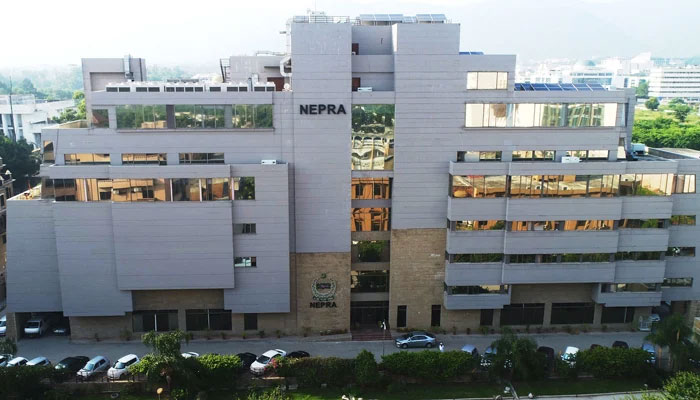Another Rs4.66 per unit hike in power bills expected next month
The proposed price enhancement is attributed to the fuel adjustment for November 2023
December 28, 2023

- The CPPA is representing Discos in the case.
- NEPRA holds public hearing on CPPA petition.
- NEPRA asks CPPA about operating plants on imported fuel.
ISLAMABAD: Electricity consumers are expected to bear an extra burden of Rs33 billion if the National Electric Power Regulatory Authority (NEPRA) approves Rs4.66 a unit proposed increase in power prices in January 2024 bills, The News reported.
The proposed price enhancement is attributed to the fuel adjustment for November 2023.
The public hearing on the Central Power Purchasing Agency (CPPA) plea was conducted by the NEPRA. The CPPA was representing Discos in the case.
NEPRA questioned the CPPA about operating power plants on imported fuel while shutting down more cost-effective plants for maintenance. Notably, the maintenance-related shutdown of the Thar coal-based plant contributed to higher electricity prices.
Moreover, a 13% decrease in electricity consumption and the utilisation of power plants running on costly imported LNG fuel in November 2023 added to the financial burden on consumers.
The NEPRA chairman stated that when demand falls below the reference level, negative growth in power generation raises costs. This leads to positive adjustments in monthly fuel charges (FCAs) and quarterly adjustments (QTAs). Due to low-capacity utilisation, capacity charges rise as consumers must cover fixed charges at all costs. In its petition, CPPA had requested previous adjustments of Rs15.9 billion (Rs2.117/unit) to be passed on to consumers in January 2024 bills.
Responding to allegations of overbilling, NEPRA asserted its track record of implementing past decisions and vowed to enforce its recent decision. The regulator issued explanations to power distribution companies (Discos) and indicated the initiation of legal actions against them. In response to a question about recent loadshedding, the CPPA stated, “Discos manage loads due to losses, hydel generation has decreased, expensive generation is occurring, and gas supply is unavailable to power plants, leading to load management. Additionally, in line with government policy, we implement 2-hour load management.”
Meanwhile, the power division in a separate statement attributed recent loadshedding on December 25th and 26th to multiple grid station failures in the Multan region and other Discos. The tripping of 132kv, 220kv, and 500kv grid stations, coupled with reduced hydel generation due to fog, created system constraints. A 1,600 MW shortfall in generation was attributed to canal closure, and a 700 MW shortage was due to limited LNG availability.
The Power Division is actively working to minimise shortfalls, using furnace oil to compensate for the LNG shortage and generate 800 MW. Loadshedding was necessary to manage system constraints and ongoing efforts are in place to stabilise the system.











